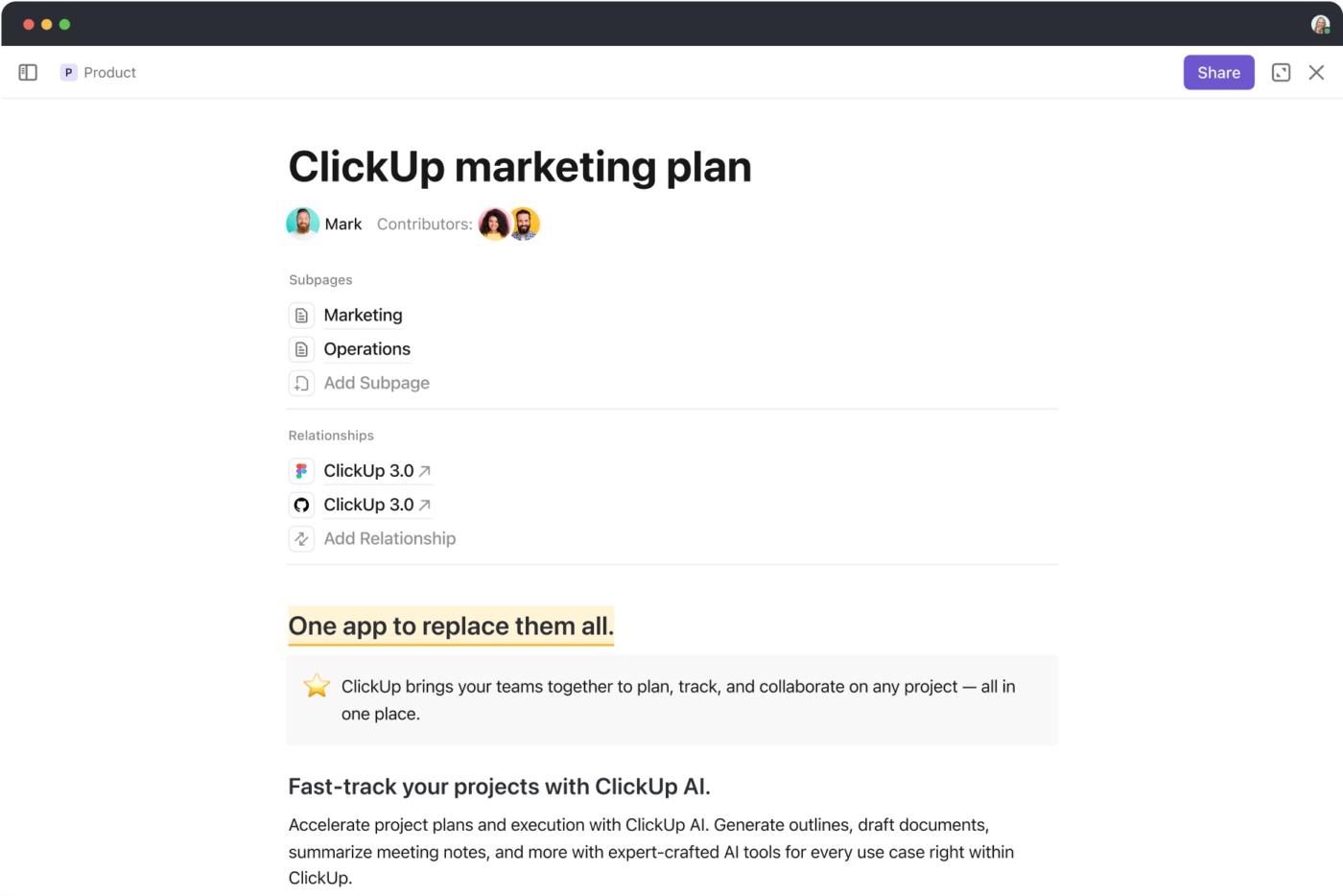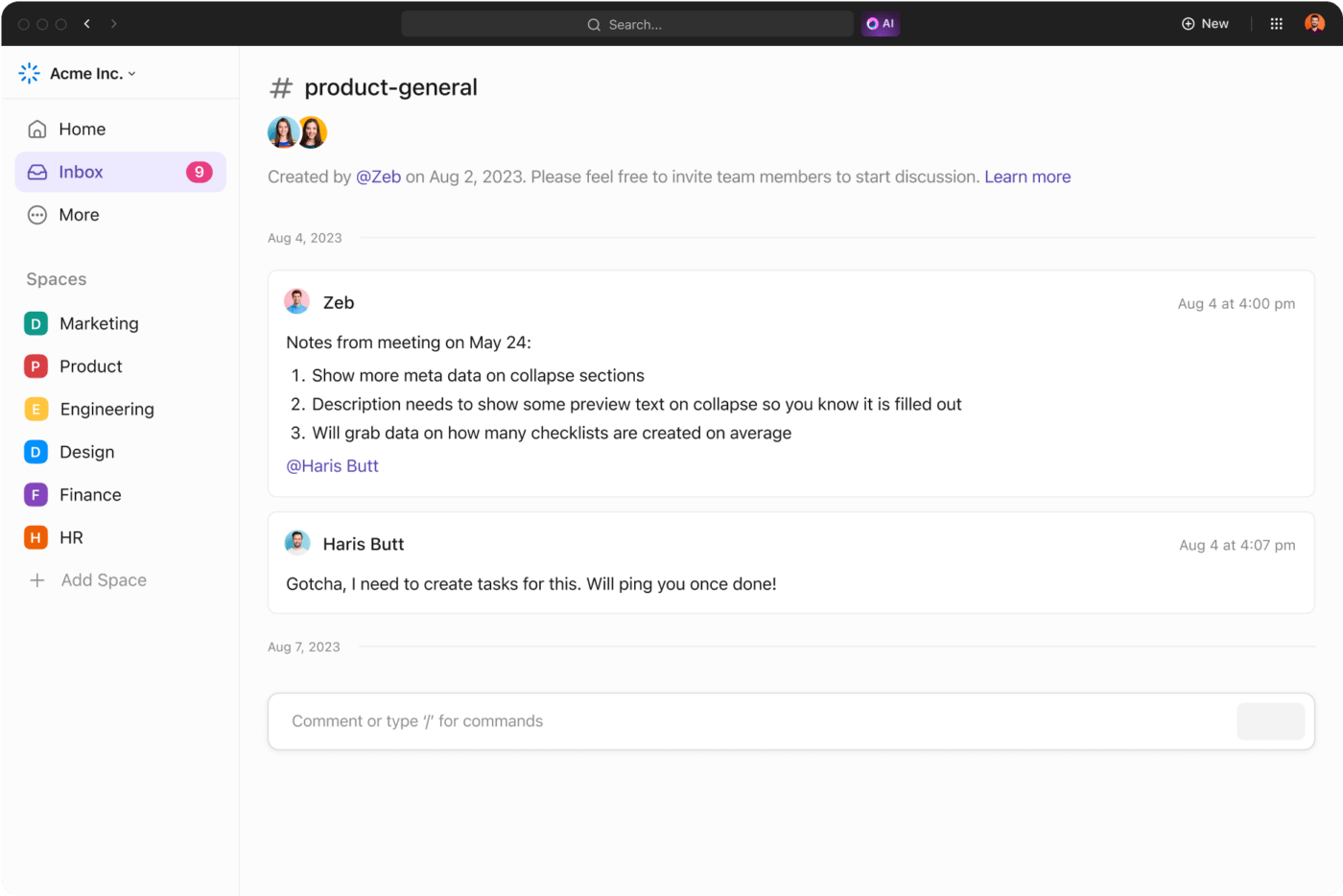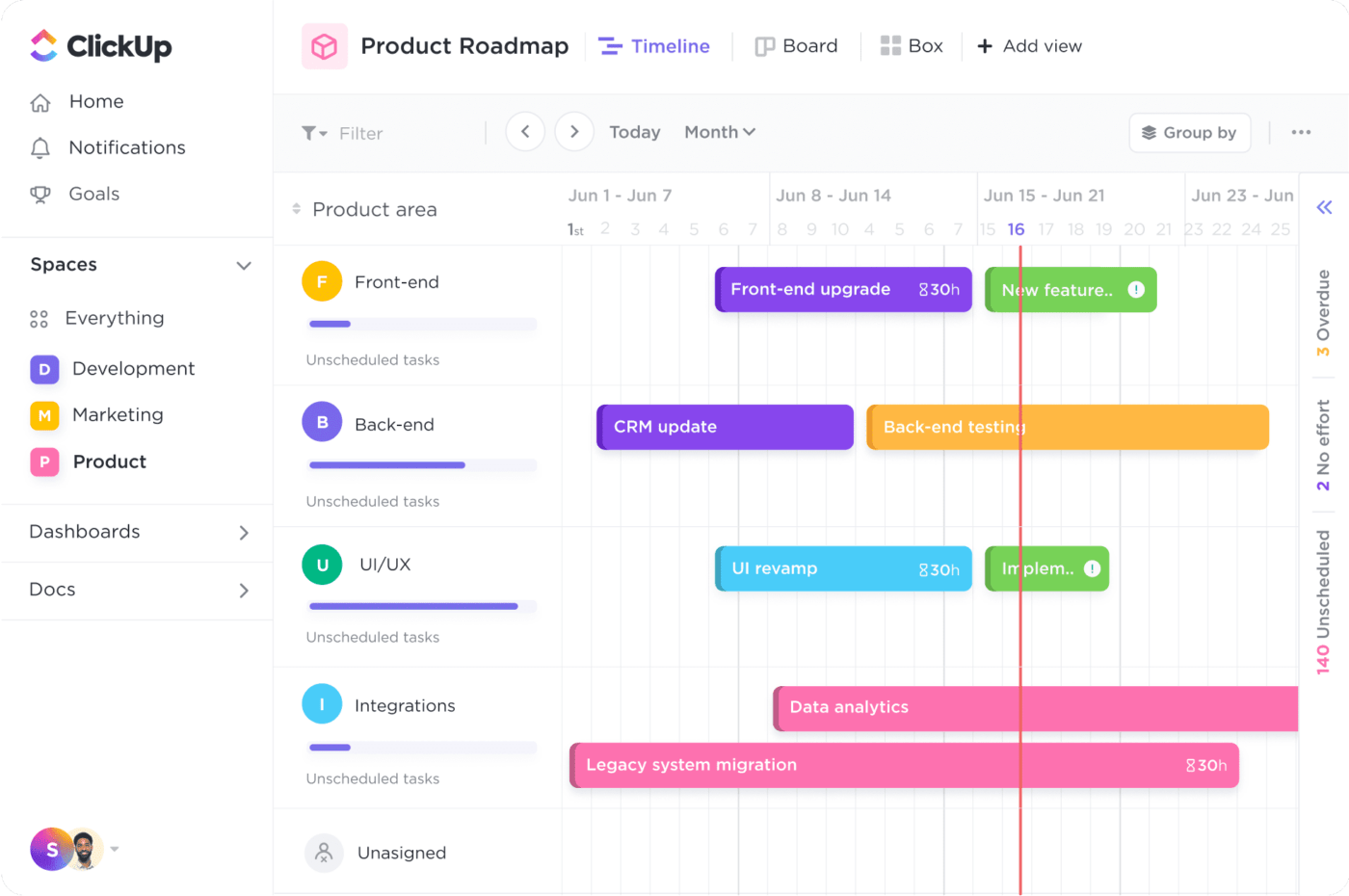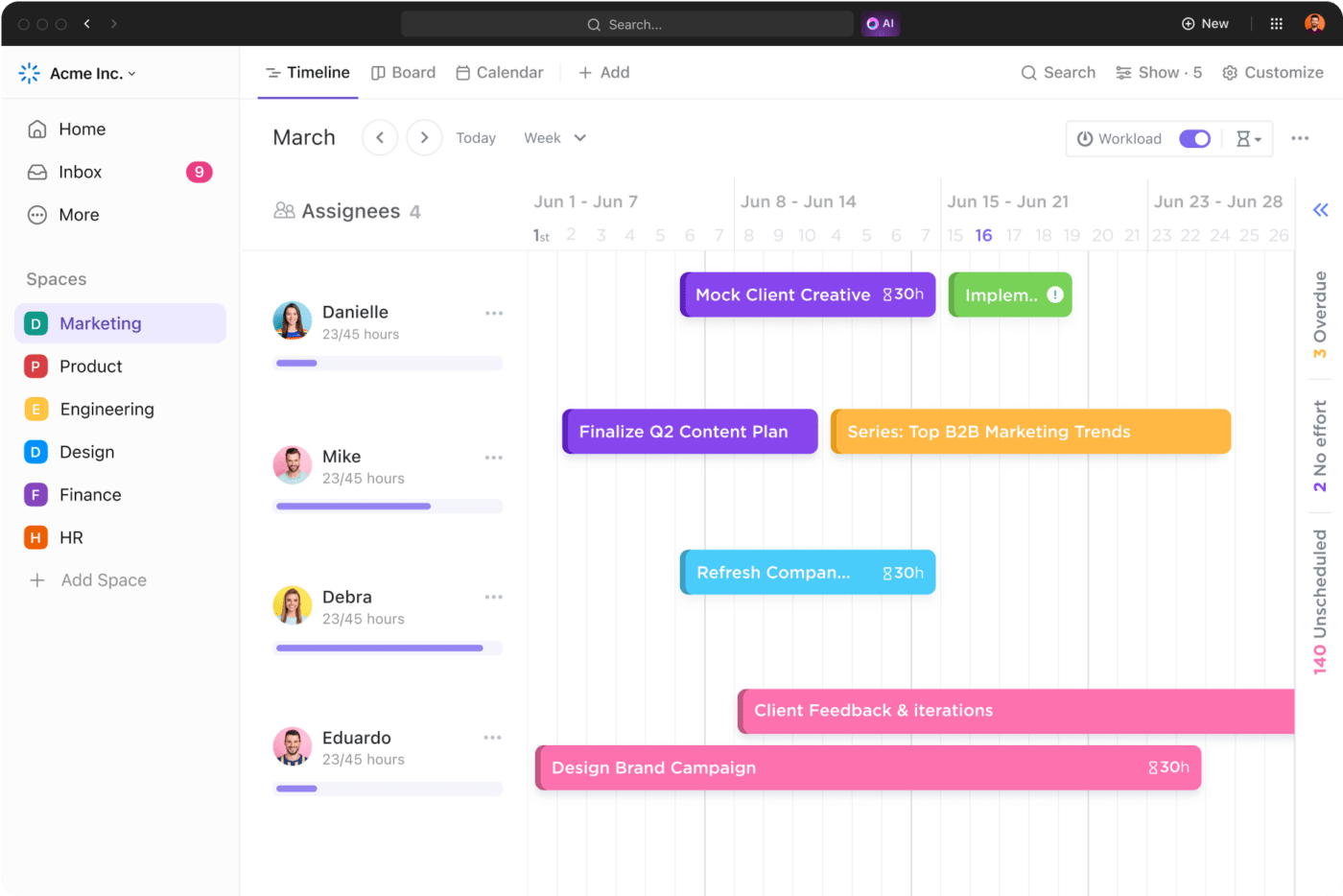How to Scale a Startup Team

Sorry, there were no results found for “”
Sorry, there were no results found for “”
Sorry, there were no results found for “”
A startup’s long-term success is accelerating its business expansion and becoming an industry disruptor. This means capturing a larger market share and building an extensive customer base through carefully planned growth marketing strategies.
But it doesn’t stop there.
As your business grows, your customer base expands, and revenue increases. Soon enough, you’ll need to scale your startup team from a small team to a full-fledged organization to sustain the long-term growth of your business.
Scaling a team involves strategically increasing the size and capabilities of your workforce to meet your startup’s growing demands. New employees are hired to build a strong team, existing employees are put through upskilling and development programs, and the organization is restructured.
The goal of startup expansion is to power the business to handle larger workloads and sustain growth without compromising performance or quality.
In this blog, we share practical tips on scaling a startup team to drive sustainable growth for your startup’s success.
To stay on track with its growth, a rapidly growing startup must navigate heightened competition, streamline operations, optimize revenue channels, and deal with economic downturns.
Scaling your team is a necessity, but doing it too quickly can strain your resources and compromise the quality of service.
Here are some key aspects of team scaling you need to keep in mind:
The key factor to remember is that not all startups follow a linear path, and each company encounters numerous challenges during the critical stages of expansion. For example, a bigger company may acquire a startup team due to its new technology and never reach the expansion stage.
What works for your competitors may not work for you.
Scaling too soon or late can result in missed opportunities and cash flow challenges. Determining when to scale is a call the management team needs to take based on your business’s growth trajectory.
Here are some indicators that signal it may be the right time to consider scaling your startup:
How should businesses approach team scaling in different scenarios to create a flexible and responsive approach to expansion and growth?
Consider a startup developing a new software application. The first step is to launch a minimum viable product or MVP with core functionalities to test market reaction. Team scaling does not apply here since the product will be developed mainly by an in-house, highly skilled, self-managed team.
A startup may have to deal with time constraints and deadlines or require specific expertise to develop certain aspects of a product. Scaling your in-house team may not be the best option since your product has yet to gain traction. Instead, a more cost-effective way to approach this is to outsource software development requirements to experts.
For instance, say you need to scale your content production process to create enablement materials necessary to support the growth of your product and engage early adopters.
Onboard the right team of freelancers and agencies to support your content creation efforts within a reasonable budget without overwhelming your in-house employees.
If your MVP succeeds in the market, it is time to scale up your efforts based on user responses and market needs. The focus is on refining the MVP based on real-time customer feedback. You’ll need to build new features, add functionalities, and improve product performance.
These additions are made in small, incremental stages within short time frames. This is called agile software development and ensures that you are continuously delivering value to your customers.
The same principle can be applied to your team scaling approach as well. Essentially, you add new and experienced team members incrementally according to rising requirements rather than expanding the team simultaneously.
For instance, say you already have a frontend and backend developer working on your software. In the first increment, you add a QA engineer to improve testing. In the next increment, you hire a UX designer to improve product usability. The third increment involves adding product managers to accelerate feature development.
Equip your startup team to work more efficiently using the scaled agile framework. This structured approach allows multiple teams to collaborate to deliver value at scale.
Most startups go through several phases before becoming a sustainable and profitable model. The most common stages of startup growth are:
When scaling your startup, use growth hacking tools like user acquisition software, marketing automation solutions, and conversion optimization tools to identify high-impact growth channels and optimize user acquisition strategies.
Here are some key challenges you could encounter if you plan for team expansion and growth.
When your team expands, it becomes rather challenging to maintain the original vision of company culture. Recruits bring different expectations and experiences, which may dilute the existing culture.
Assess new employees for culture fit and ensure that you communicate your company’s core values and competencies during the hiring and onboarding phases.
Encourage existing employees to spend time mentoring recruits. Reinforce company values by holding town halls and regular meetings as opportunities to emphasize company culture and core values.
🎯Read More: 10 HR Strategies for Startups (with Examples)
As you add more members to your team, ensuring a smooth flow of information across teams and organizations becomes more challenging, leading to miscommunications and missed deadlines.
Maintain a centralized repository of guidelines, key documents, and resources.
Use a tool like ClickUp Docs to organize all your essential documents. You can allow multiple team members to access these Docs and edit information in real-time. Version control and real-time editing keep your company documentation current with the latest information.

Another good practice is to standardize channels for different types of communication.
For instance, emails can be used for formal communication, such as project updates and company-wide announcements. Use chats to provide quick updates and send reminders.
ClickUp Chat View allows you to communicate with teammates within the platform without switching tabs. All you have to do is @mention a team member, and they’ll be notified immediately and can respond.

As your startup scales, the number of open positions increases quickly, and your human resource managers will need to manage a large volume of candidates. This can overwhelm your existing recruiting processes.
Increase your recruitment network by leveraging hiring platforms, specialized job boards, and professional networks for HR planning.
Use recruitment tools and automated systems to streamline the hiring process and handle large-scale recruitment effectively.
Some startups rapidly expand their teams before they are ready to support this growth, putting considerable strain on resources and leading to cash flow and infrastructure challenges.
Scaling your startup without the proper resources and product-market fit can impact the organization’s sustainability and revenue growth.
Research your market and establish a product-market fit to ensure your product meets market demand. Also, make sure you secure sufficient capital and funding for expansion. Adequate funding helps you support growth initiatives and scale sustainably.
Want to consolidate tools and set your small business up for success in 2026? Check out our step by step playbook
Here are some key strategies to scale your startup efficiently while remaining operationally and financially efficient.
Centralize all your information, critical documents, guidelines, and data in a single, accessible location. Your employees can access information whenever needed to reduce miscommunication and help teams make more informed decisions.
A comprehensive project management tool like ClickUp for Startups offers a centralized platform from which you can easily create and assign tasks, manage multiple team scaling projects, and collaborate with teammates.
You can get a bird’ s-eye view of everything related to your startup, such as sales pipelines, product roadmaps, and documentation, without switching between platforms.
At a startup with a small team, we know everyone juggles multiple tasks at any given time. The last thing you want is to make your team create an entire process from scratch.
ClickUp’s pre-built templates come to your team’s rescue. Plug and play your project details; the templates get you up and running quickly.
For instance, the ClickUp Growth Experiments Whiteboard template provides a comprehensive plan for running growth experiments. It is designed to help you manage different aspects of growth experiments, such as defining hypotheses, setting goals, and tracking the progress of these goals.
Similarly, you can access various other frameworks, including growth plan templates, goal-setting templates, and content marketing strategy templates.
Every startup has unique needs and processes. ClickUp understands that and offers several options to customize your workflows according to your startup’s needs and preferences.
Some examples of customizable workflows in ClickUp include:

Effective team scaling relies heavily on efficient team collaboration. ClickUp offers comprehensive features that make teamwork a breeze.
For instance, ClickUp Whiteboards is the perfect place to hold a virtual brainstorming session with your team. Bring your ideas to life, work together to develop innovative ideas, and turn them into actions on whiteboards. Think of it as a digital canvas to everyone on the same page, enabling work to progress smoothly.

Unsurprisingly, your startup uses a comprehensive tech stack to manage customers, generate leads, organize marketing campaigns, and reduce the team’s dependency on IT teams.
Use ClickUp Integrations to sync data from all your business sources and tech stack into a single source of truth, creating a cohesive environment where work gets done quickly and without data transfer errors.
As your startup scales, you’ll find that multiple tasks need to be completed repeatedly.
ClickUp Automation has over 100 pre-built automations that reduce your and your team’s busy work. You can automate actions like assigning tasks, changing task statuses, updating priorities, and more. Simply define the conditions under which you want the automation triggered, and you’re all set to go!

Team scaling involves multiple processes designed to meet various goals. ClickUp allows you to monitor project progress and identify bottlenecks before they escalate.
Use ClickUp Timeline View to plot your project along a flexible timeline. You can track projects, schedule tasks, and see what’s happening across multiple projects from one place.

Startup teams often work remotely from multiple locations worldwide.
Tools and systems must be accessible anywhere on any device to help teams manage tasks and collaborate effectively.
For instance, a software development team at a scaling startup should be able to collaborate on coding projects, review work, and track progress to ensure that the product development process meets its deadlines.
ClickUp’s cloud-based solution allows you to stay connected to your work no matter where you are.
Multiple key performance indicators can help you decide whether your startup is ready to be scaled. They include:
The hardest part when scaling your startup lies in identifying how your startup can benefit from scaling initiatives.
Narrowing down the most critical outcome helps you set the stage for how to proceed and what you hope to achieve. Build your strategy and take incremental steps to achieve the goals of scaling your startup.
Remember to assess the market and track your financial resources meticulously to ensure you have enough to support your expansion efforts and growth objectives.
Tools like ClickUp can help streamline your team’s scaling process. The platform offers robust features to handle tasks, manage projects, communicate, automate processes, integrate other tools, and analyze performance. This helps businesses operate more efficiently and prepare to grow and expand.
Sign up for free today and see how ClickUp can help you streamline your startup scaling process.
© 2026 ClickUp